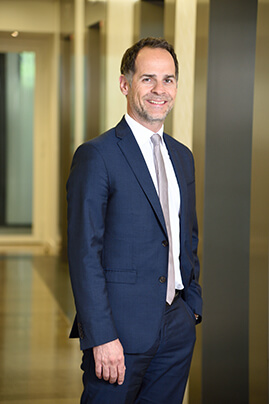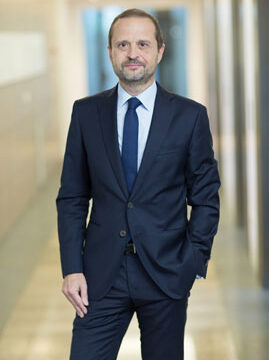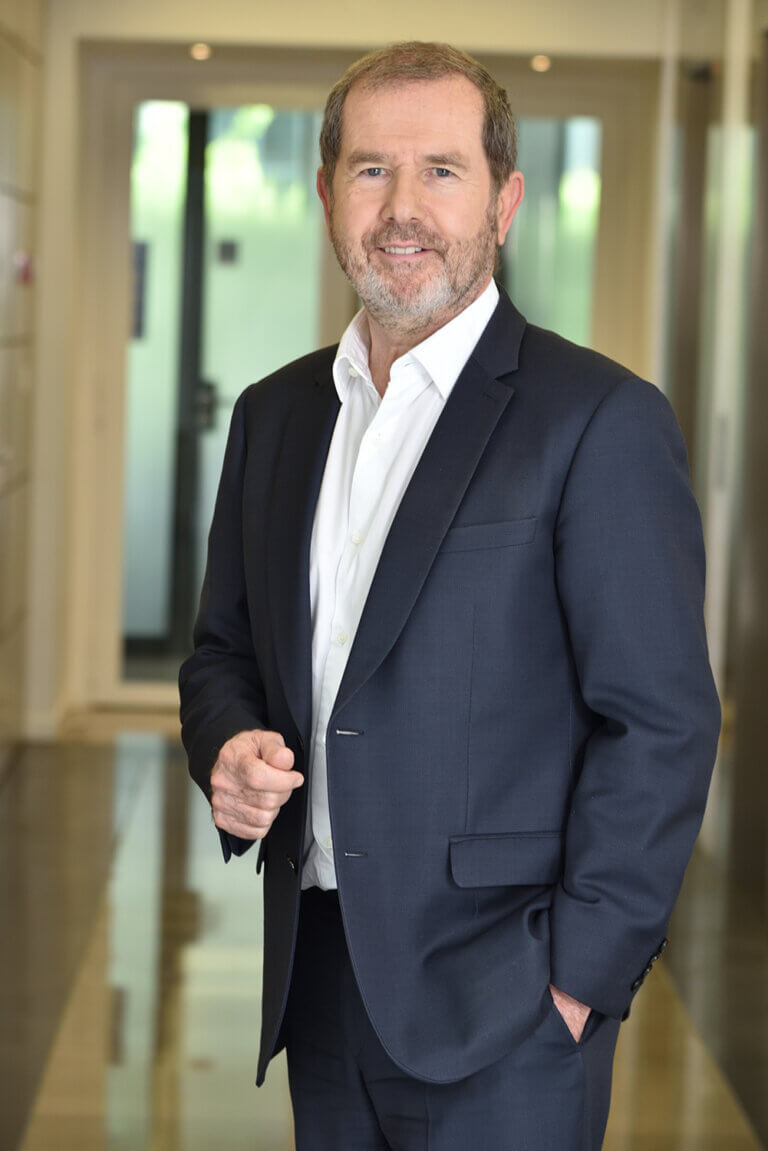A unique culture
Racine positions itself as a true partner by maintaining close proximity to its clients.
Our deep technical expertise enables us to provide our clients with concrete and practical solutions; our transverse practice of dispute resolution allows us to truly be a step ahead.
Lawyers 271

Some numbers
74
Partners
1981
Creation
7
Offices
230
Lawyers
140
Partners firms
10
Languages spoken
Racine’s DNA
Litigation, which is practiced by all of our lawyers, has been part of Racine’s DNA since its very creation and represents 50% of our activities.
Our firm’s culture is embodied in its organisation, which is designed to create natural interactions among the firm’s departments. This cross-practice approach is a major asset when managing complex and multi-disciplinary matters.
Racine’s partners are personally involved in each matter, starting with the definition of the matter’s strategic axes and up through the complete resolution of all issues,and control the practical management of all matters.
Finally, our regional network and our ability to have an international scope ensure that Racine is able to react no matter where our clients are based.
Engagements
Our method
For 40 years, we have trained our efforts on the art of persuasion. Our methodology stems from this approach and revolves around four principal actions:
We listen
When we work for you, our first task is to understand your needs. Beyond the matter itself, this implies internalising your corporate culture and the specific constraints faced by your line of business.
Our second task is to adequately identify the obstacles you face so that they can be overcome. To succeed in these tasks, it is crucial that we listen – to you, to opposing counsel, to judges and arbitrators.
01
We commit
No one can try to demonstrate and persuade without passionate commitment. When we agree to take on a matter, our ethics compel us to become personally involved. Only such a strong commitment guarantees quality and success.
Strength of conviction can only come from total dedication.
02
We question
Doubt is the foundation of certainty. Knowing how to question means never underestimating our opponents and demanding from ourselves that we verify, monitor, and debate everything.
03
We refine
Once the groundwork is complete, it must be refined so that its presentation, whether written or oral, cuts to the heart of the matter and highlights every argument.
04





